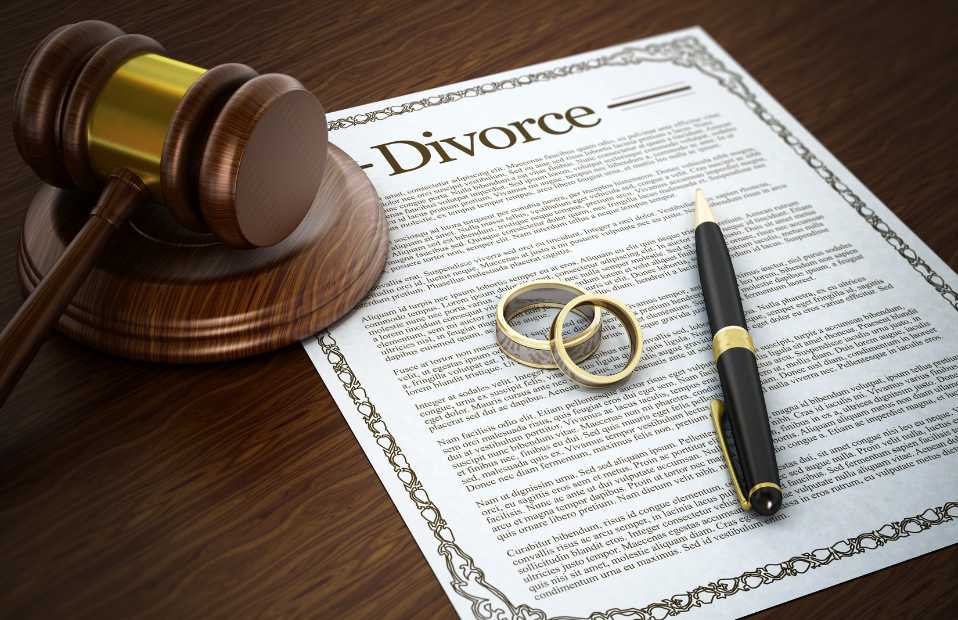Can You Divorce Without Splitting Assets in Florida?

If you’re considering divorce, one of your primary concerns may be the division of assets. What will happen to your joint bank accounts, retirement funds, and property? Can you divorce without splitting assets altogether?
While it’s impossible to completely avoid dividing assets when divorcing in the Sunshine State, alternative options can minimize the impact on both parties. Whether you have a prenuptial agreement in place or decide to explore other methods of asset allocation, it’s important to understand all your options before proceeding with a divorce.
Understanding the Division of Assets in Divorce
When a couple decides to separate, their property rights are typically split between them as part of the divorce process. This can be complicated and emotionally charged, as both parties may feel entitled to certain assets.
In some states, such as California and Texas, property is divided equally between spouses under community property laws. However, most states, including Florida, follow equitable distribution rules where assets are divided fairly but not necessarily equally.
Factors that determine how assets are distributed include the length of the marriage, income and earning potential of each spouse, contributions made during the marriage (both financial and non-financial), and any prenuptial agreements that may exist.
Prenuptial Agreements
Prenuptial agreements can be a smart way to protect your financial future in the event of a marriage dissolution. These legal contracts are created before a couple gets married and lay out how assets will be divided if the marriage ends.
Here are some benefits and limitations of prenuptial agreements:
- Protection of Separate Property: A prenuptial agreement can help you retain ownership of property you owned before getting married.
- Clarification of Spousal Support: If one spouse earns significantly more than the other, a prenuptial agreement can establish spousal support terms to prevent disputes later on.
- Debt protection: Prenups can specify who is responsible for which debts, preventing one spouse from being held accountable for their partner’s debt.
- Cost-effective: While hiring lawyers and drafting a prenup may seem costly upfront, it could save both parties thousands in legal fees during divorce proceedings.
However, it’s important to note that there are limitations to what prenuptial agreements can do. They cannot cover child custody or child support arrangements, as these decisions must be made in the children’s best interests during separation or divorce.
Additionally, if either party fails to disclose all assets or signs under duress, the entire contract may become invalid in court. Overall, while prenups have their benefits, as long as they’re executed properly with full disclosure and consent from both parties involved, they could provide peace of mind when entering into marriage with significant assets at stake.
Alternative Options for Divorce without Splitting Assets
For couples seeking a more amicable resolution to their separation, other options are available that don’t involve dividing their property. An uncontested divorce is one option where the couple each work with their respective attorneys to negotiate a settlement agreement that benefits both parties. The goal of an uncontested divorce is to avoid going through the court system and instead reach an agreement outside of court.
Another option for divorcing without splitting assets is the mediation process. In mediation, a neutral third party helps the couple, alongside their attorneys, work through any disagreements regarding property division, custody arrangements, and other issues related to their divorce.
Mediation can be less costly than going through litigation, allowing for greater flexibility in crafting a settlement agreement that meets both parties needs.
Ultimately, whether you choose an uncontested divorce or mediation will depend on your specific situation and what you hope to achieve from your divorce proceedings.
Seeking Legal Guidance and Support
When it comes to divorce, seeking legal guidance is crucial to protect your rights and interests. An attorney can help you navigate the complex laws and regulations surrounding divorce and provide valuable advice on how to proceed.
You should definitely talk to a family law attorney before finalizing your divorce if you want to make sure everything is settled fairly. Here are some reasons why consulting an attorney is important:
- Your attorney can help you understand the potential consequences of splitting assets in a certain way, such as tax implications or long-term financial impact.
- An experienced lawyer can identify potential loopholes that may have been overlooked and advise on ways to protect your interests.
- Your attorney can guide you on negotiating with your spouse and their legal representation, ensuring that both parties are treated fairly.
- By having legal support, you can avoid making costly mistakes that could affect your future financial stability.
Consulting with an attorney is crucial when going through a divorce to ensure that all aspects of the settlement are handled fairly and with proper consideration for each party’s needs.
If you’re contemplating divorce but are worried about splitting assets, Vollrath Law can help. Our experienced divorce attorneys can guide you through a divorce without dividing your assets. Don’t let the fear of losing your hard-earned assets hold you back. Contact us today to learn more about your options and take the first step toward a new beginning.



